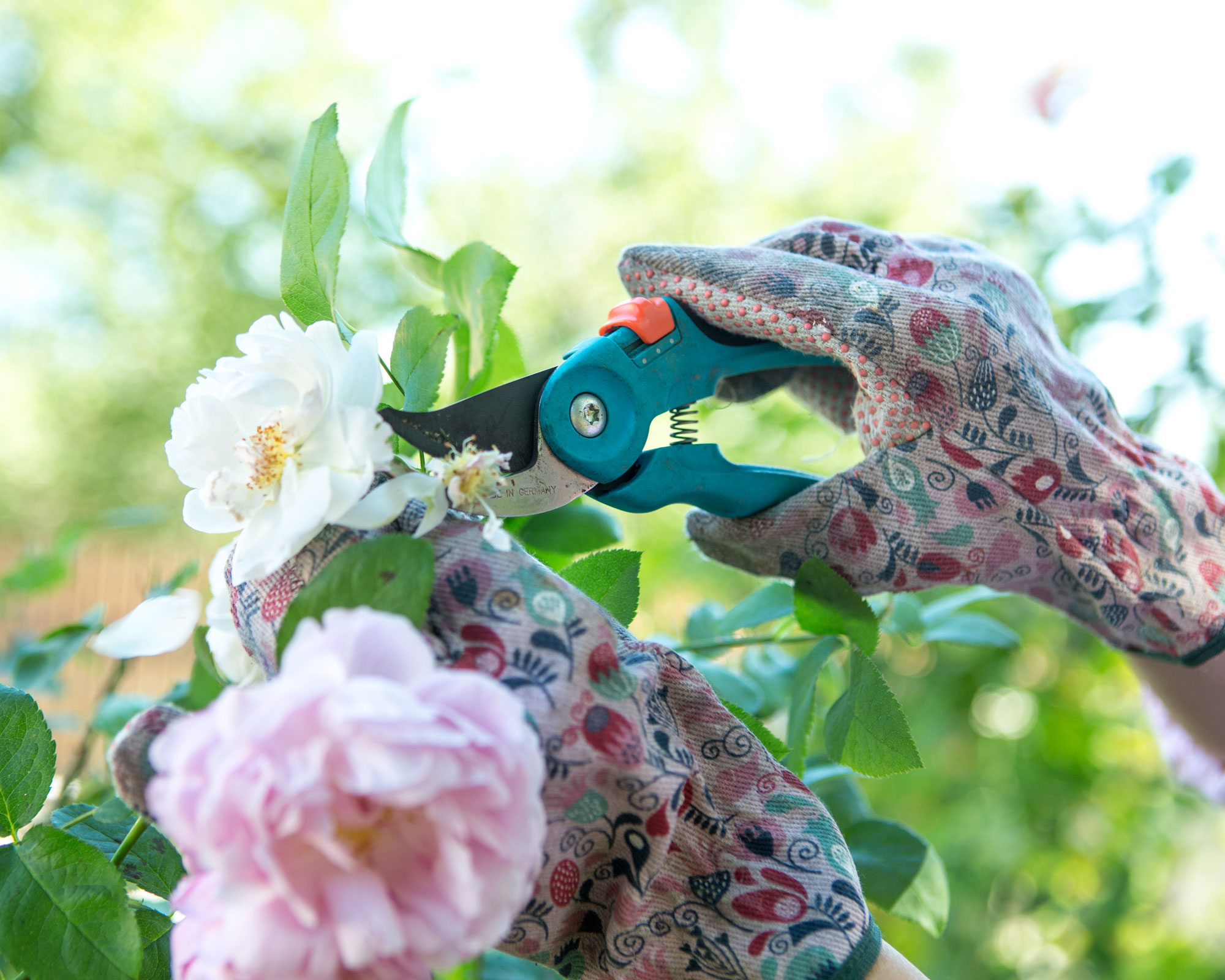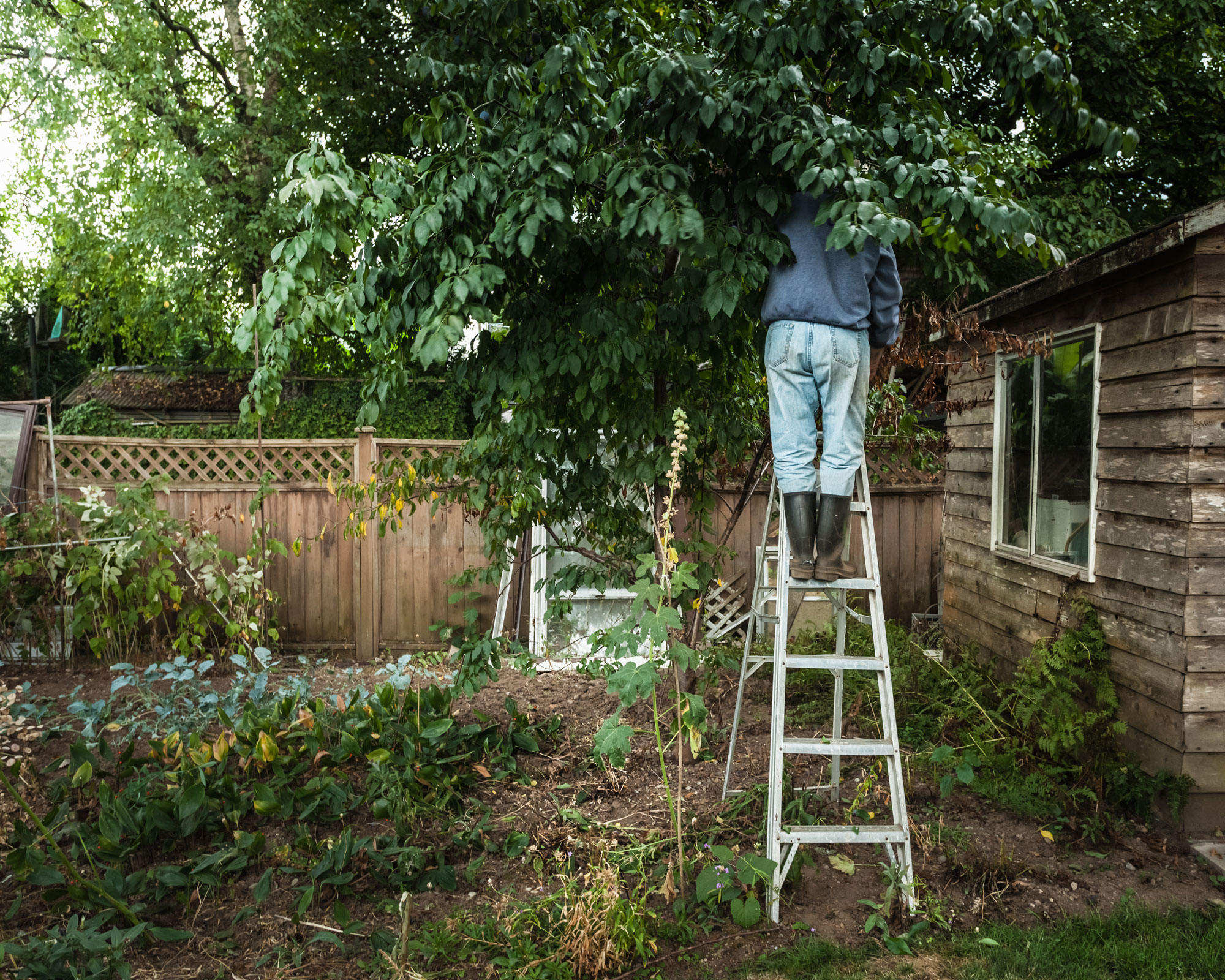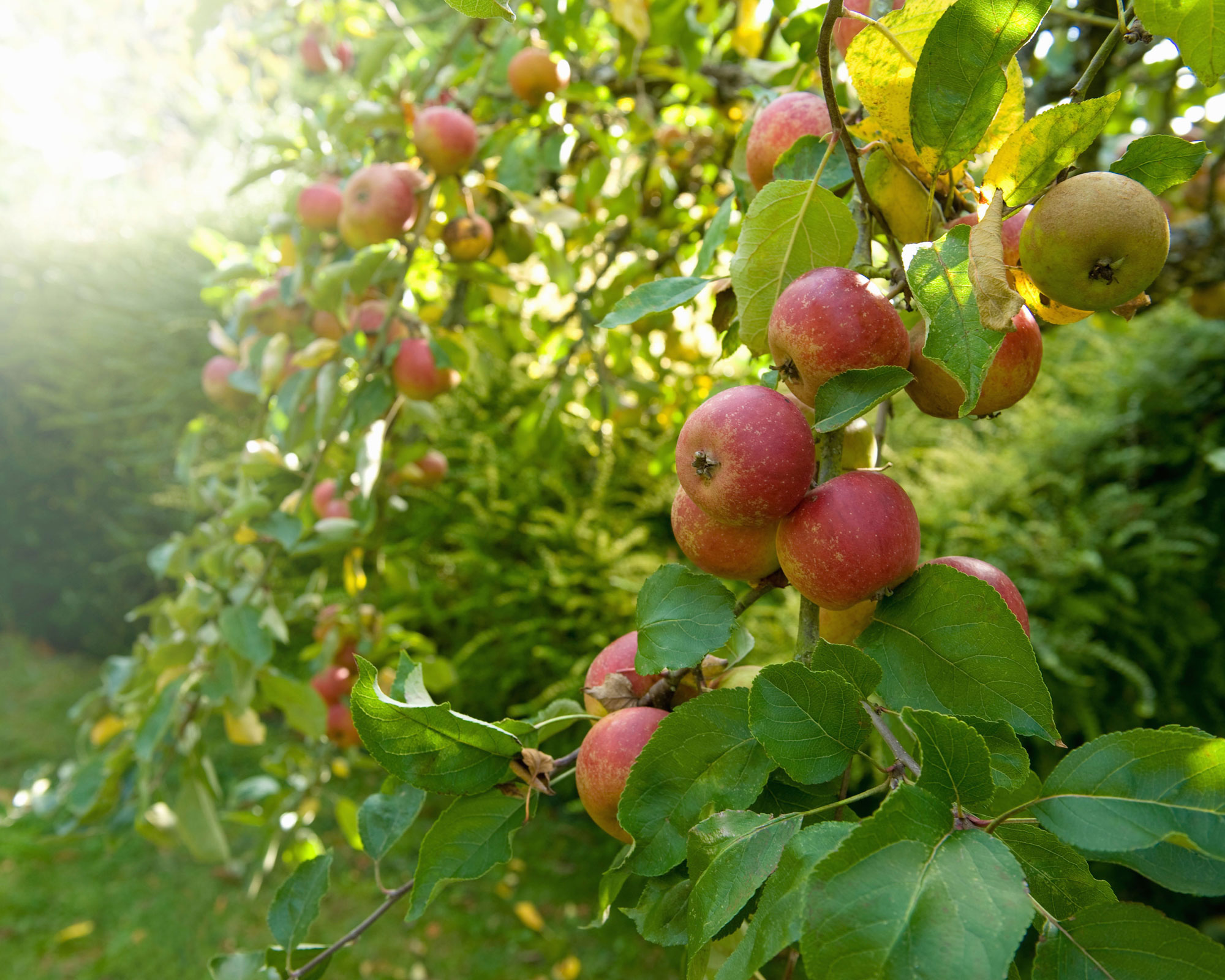Experts reveal the ways you could be breaking the law in your garden
Legally speaking, you should return hedge trimmings to the owner


We love getting out in the garden to water the plants and keep things trimmed and healthy. However, our therapeutic weekend gardening could in fact be breaking the law.
Experts from Garden Buildings Direct reveal that thousands of us are at risk of becoming accidental criminals because we always don't know about basic gardening laws.

Many of us have taken up gardening over the past year to improve our garden design ideas, so it’s not surprising some might have come unstuck. ‘Most of us want to be good, law-abiding neighbors,' a spokesperson for Garden Buildings Direct says.
'But that can be difficult if we don’t actually know what the law is. There may be times when it would be within your legal rights to do something, but it could cause tensions with your neighbor.
‘If you brush up on the law as it stands, you may be able to avoid any sort of dispute altogether,’ the spokesperson adds.
Trimming overhanging branches

If your neighbor's tree overhangs into your property, you can trim the branches, but only up to the property line. You can’t lean into the neighbor’s garden to do this, though, as this technically counts as trespassing.
If a tree is covered by a Tree Preservation Order, you can’t cut the branches at all.
Hedges
As for hedges, if a hedge grows along the boundary between two gardens, both neighbors are responsible for trimming. If a hedge belonging to a neighbor grows into your garden, you can trim it - follow our guide on how to trim a hedge for neat results. However, you must return the trimmings to the owner.
Fruit and flowers

Although you can cut branches that hang into your garden up to the property line, they still belong to the neighbor – as do any flowers or fruit on them. So if you take your best secateurs to the branches, your neighbor is legally entitled to demand them back.
But you can't throw them into the neighbor’s garden, as this could constitute garden waste fly-tipping.
Windfall fruit technically still belongs to the person who owns the tree. So, if your neighbor’s windfalls end up on your lawn, ask for permission if you want to keep them.
Fences and boundaries
The house deeds should indicate who owns a fence and is responsible for boundaries (although there is no legal responsibility to keep boundaries well maintained unless the deeds state otherwise).
But boundaries can move over time and cause disputes later. You may need to contact HM Land Registry for help with boundary disputes. For ways to update your boundaries, read our garden fence ideas piece.
Trees

Under the Rights of Light Act, if a window has received natural light for 20 years or more, neighbors can’t block it with a new tree. Tree owners are not responsible for sweeping up fallen leaves.
You can be forgiven for finding the laws confusing, and they're certainly not always logical. But we can enjoy some gardening knowing we're not accidentally breaking any idiosyncratic rules.

Millie Hurst has worked in digital journalism for five years, having previously worked as a Senior SEO Editor at News UK both in London and New York. She joined the Future team in early 2021, working across several brands, including Gardeningetc. Now, she is Senior Content Editor at Ideal Home, taking care of evergreen articles aimed at inspiring people to make the most of their homes and outdoor spaces.
